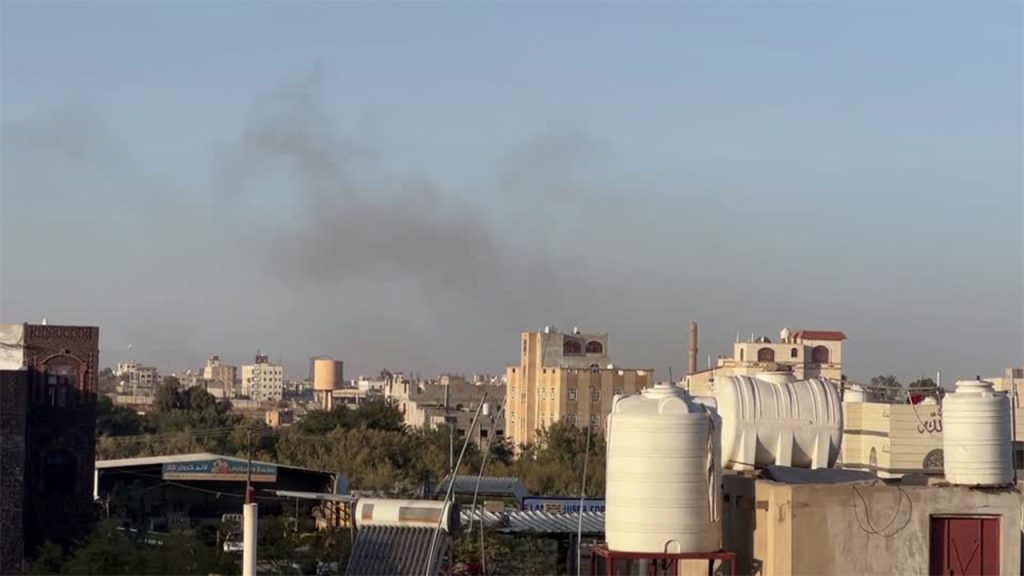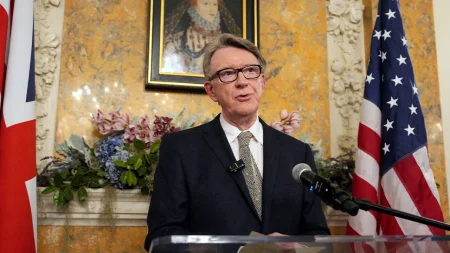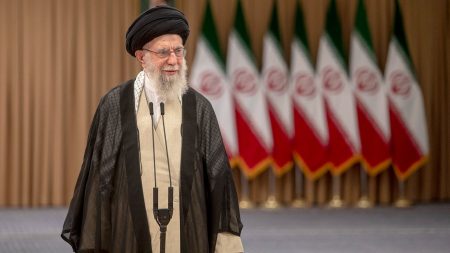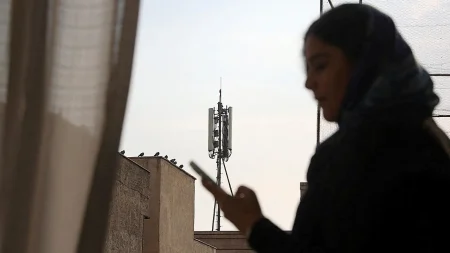The Israeli Defense Forces (IDF) launched a series of airstrikes on Thursday, targeting infrastructure in Yemen’s Houthi-controlled capital, Sana’a, and other locations. The IDF claimed responsibility for the strikes, asserting they were aimed at military infrastructure utilized by the Houthi rebels for terrorist activities against Israel. The IDF specifically mentioned Sana’a International Airport and the Hezyaz and Ras Kanatib power stations as targets within Sana’a. Further strikes were conducted against military infrastructure at the ports of Al-Hudaydah, Salif, and Ras Kanatib on Yemen’s western coast. These ports are crucial for the Houthis’ logistical operations and have been previously targeted by the Saudi-led coalition fighting against the Houthis. This offensive action marks a significant escalation in the ongoing conflict between Israel and the Iranian-backed Houthi rebels in Yemen.
The IDF justified the airstrikes by citing the Houthis’ repeated attacks on Israel, including unmanned aerial vehicle (UAV) and surface-to-surface missile launches. These attacks, according to the IDF, constitute acts of terrorism and pose a direct threat to Israeli citizens and territory. The strikes come just days after a projectile launched from Yemen struck Tel Aviv, injuring 16 people, and causing significant disruption and fear in Israel. The failure of Israel’s defense systems to intercept this projectile highlighted a vulnerability and increased pressure on the government to respond forcefully. Israel’s Defense Minister had previously promised retaliation against Houthi leadership for these attacks, underscoring the escalating tension between the two sides.
The Houthi rebels, dominant in northern Yemen, have been firing missiles and drones at Israel for over a year, declaring their support for Hamas in its conflict with Israel. This alignment places the Houthis squarely within the broader regional conflict involving Iran and its proxies against Israel. Their attacks are not solely focused on Israeli territory. The Houthis have also targeted commercial vessels transiting the Red Sea, a vital international shipping lane, attempting to enforce a maritime blockade against Israel. This disruption to international trade has further raised concerns about regional stability and the potential for wider escalation.
The escalation in Houthi attacks against Israel coincided with Hamas’s October 7, 2023, attack which resulted in the deaths of 1,200 people. Since this date, the Houthis have significantly intensified their attacks, launching over 200 missiles and 170 drones at Israel. Furthermore, they have targeted over six dozen commercial vessels, particularly in the strategically important Bab-el-Mandeb strait, which serves as the southern entrance to the Suez Canal. This chokepoint controls access to the canal and disruption to shipping in this area has significant implications for global trade and the economies of countries that rely on the Suez Canal.
The projectile attack on Tel Aviv on Saturday marked a turning point, penetrating Israel’s usually robust defense systems. This rare failure to intercept an incoming threat underscored the growing sophistication and range of the Houthi arsenal and fueled Israeli calls for decisive action. The subsequent Israeli retaliation targeted power plants in Sana’a and other areas under Houthi control, signifying a shift towards more aggressive tactics by Israel in response to the perceived heightened threat. The Israeli government’s rhetoric has become increasingly bellicose, with explicit threats targeting the Houthi leadership.
Israeli leaders have issued stark warnings to the Houthi leadership, threatening their elimination if the missile and drone attacks continue. Defense Minister Israel Katz specifically named Houthi leaders and compared the potential action against them to Israel’s past actions against Hamas leaders like Ismail Haniyeh and Yahya Sinwar, and Hezbollah leader Hassan Nasrallah. This explicit comparison indicates Israel’s willingness to employ targeted killings against Houthi leaders, as it has done against other militant groups it considers a threat. Prime Minister Benjamin Netanyahu has also adopted a firm stance, calling for patience while suggesting that the military is preparing for a more intensive campaign against the Houthis. He emphasized that while such action may take time, Israel’s response will ultimately be decisive and forceful, drawing parallels with Israel’s actions against other elements of what he terms Iran’s “axis of evil.” This rhetoric signifies a strategic shift by Israel, viewing the Houthi threat within the broader context of Iranian influence in the region.















